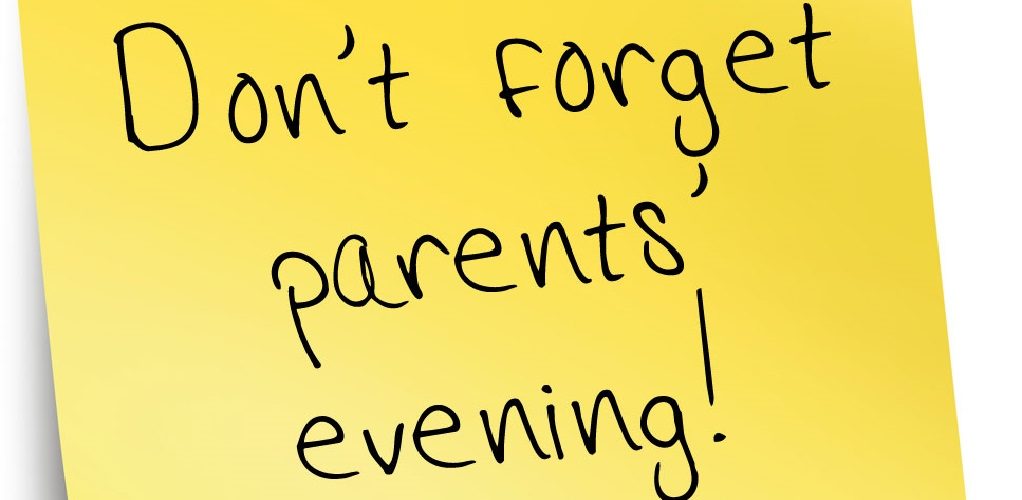Learning & Teaching
At Harris Academy Rainham there is a relentless and sustained focus on high quality learning and teaching.
We are determined that all our pupils, regardless of their backgrounds, circumstances or socio-economic status will acquire powerful knowledge and achieve the strongest possible outcomes, enabling them to choose their career path in life. This is achieved through a carefully designed curriculum and Quality First teaching of powerful knowledge.
Learning and teaching rationale
Learning is an alteration in long term memory.
Learning is the long-term acquisition and retention of knowledge and the ability to transfer it to new contexts.
Knowledge is powerful. Knowledge is a tool for social justice and equality. Knowledge allows our students to gain qualifications that enable them to choose their career and path in life.
Our T&L policy outlines the practices and pedagogy which promotes the acquisition of knowledge and the transfer of this into the long-term memory. It is based on evidence and cognitive science to ensure that new knowledge is retained and long lasting.
Teaching practices
Our teaching and learning practices promote the acquisition of knowledge and the transfer of this into the long-term memory. It is based on evidence and cognitive science to ensure that new knowledge is retained and long lasting.
We have five teaching principles at HAR.

These can be broken down into three key techniques which all teachers master and practice.

Harris Rainham is committed to providing an appropriate high-quality education for all students. We believe that all learners, including those identified as having Special Educational Needs (SEN) and those who are identified as ‘More Able’, have a common entitlement to a rigorous and inspiring academic curriculum.
The curriculum will be accessible to all based on the effective pedagogical techniques stated above. Our quality first teaching is the first step in ensuring excellent classroom provision for all. Students will be challenged academically and supported to access the curriculum in the classroom. Our SENCO will work closely with a team of Lead Practitioner experts to offer personalised support and interventions to those who require it.
Autonomy
As subject specialists, we believe classroom teachers are experts in their discipline and are therefore best placed to make choices about the substance, form, and delivery of their curriculum. The subject teacher will have autonomy over their preferred teaching style, authentic way they deliver their explanations and which analogies and stories they choose to support their delivery, among other aspects. This will inevitably mean that individual teachers have their own classroom culture.
‘Every classroom has its own culture; its own predominant beliefs and values about what matters and what does not, about what is acceptable and valued, and what is scorned or derided. In some classes, hard work is mocked, and those who buck the culture are punished by their peers. I’ve seen classes where handing in a piece of homework results in death by a thousand sniggers. Other classrooms would be shocked if a student were to sneeze without asking’. Tom Bennett- Running the Room.
Individual teachers will be expected to:
- Consciously craft their own classroom culture with reflects them as individuals, but also reflects the values we hold as a school. Heads of department will discuss the above questions with each member of their team.
- Create their own seating plans. These plans should make effective use of the wide range of information available and ensure that students are placed where the impact on their learning would be greatest.
- Have secure knowledge about the strengths and gaps each pupil may have, so that they can challenge and support each individual appropriately.
- Have ownership over their classroom and seek to make the environment positive and stimulating which inspires students and celebrates their successes. Displays should celebrate and include actual student work and not mainly a focus on teacher/commercially produced resources.
Feedback
Teachers continuously monitor students’ progress and make effective interventions through frequent feedback. Feedback can take the form of verbal feedback, self assessment, live feedback and assessment feedback.
Live feedback is our predominant form of feedback in books. We place importance on 'academic monitoring' whereby students complete independent work, in silence, while the teacher circulate the room. The teacher uses this time to read students’ work, correct misconceptions and provide immediate feedback so that students can tweak and correct their work in a timely fashion. This method can be altered at department level and teachers plan their own circulation route, prioritising Pupil Premium and SEN students. All teachers use red pen.
Self assessment is used in almost every lesson. Following explicit explanations and teaching episodes, students complete questions, tasks and exam questions. Success criteria is shared with the students and they are able to correct misconceptions and add further detail and subject specific knowledge. In Key Stage Four, exam questions are regularly completed in lessons. Mark schemes are used as success criteria and students can respond to this during self-assessment, always led by the teacher. Students self-assess in green pen.
Verbal feedback is highly effective and delivered to the student in the moment. This can be during a questioning episode, or as the teacher is circulating the class.
Departments can alter the feedback policy to include written feedback, in addition to assessment marking. Written feedback is used in some subjects to provide more in-depth comments and targets to improve. This is the case for some coursework subjects.

















